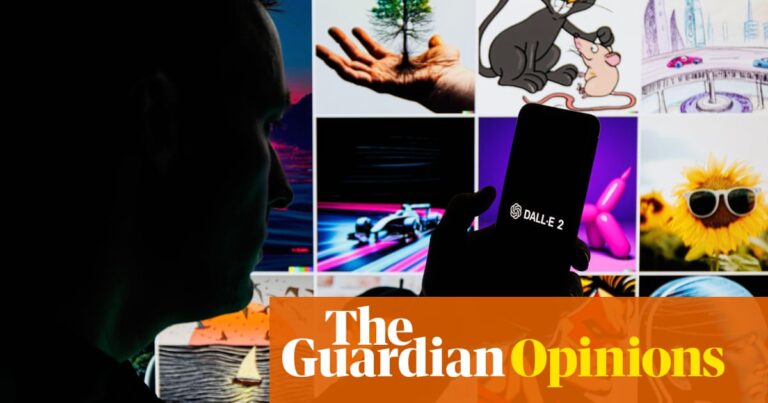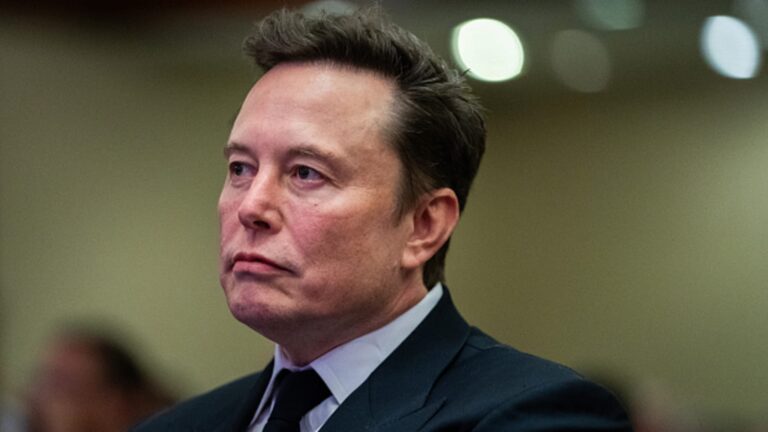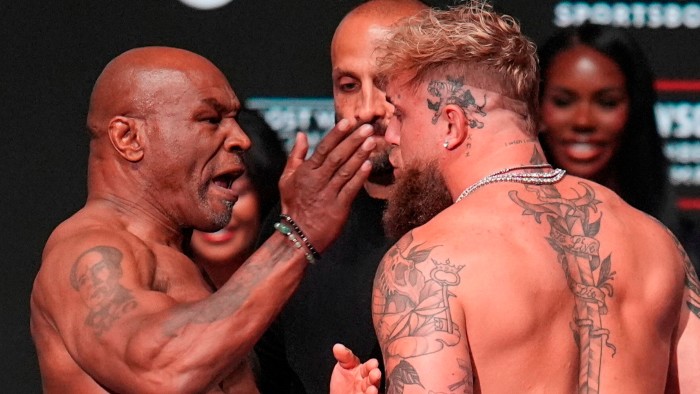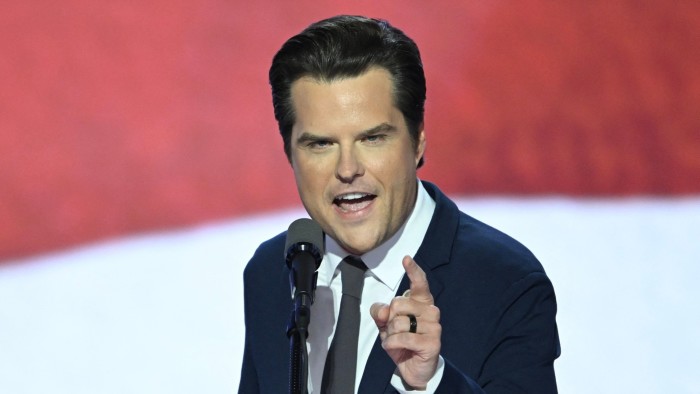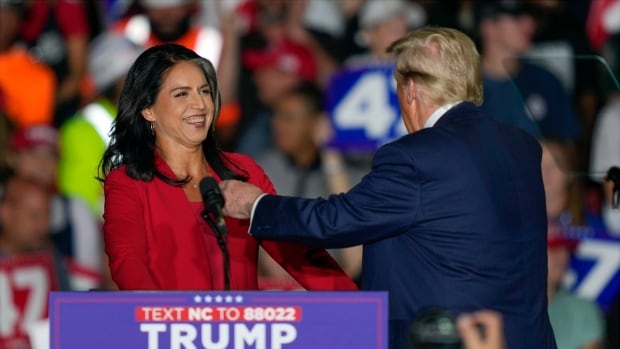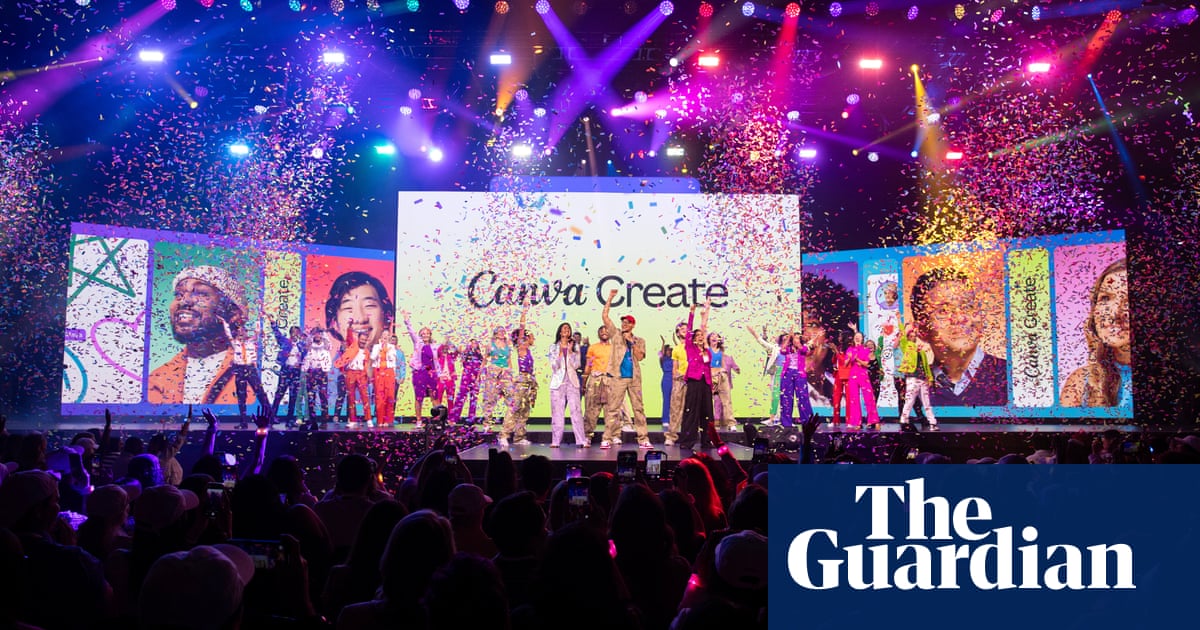
The next time you’re sitting through a company-wide meeting, half-listening to a leader drone on about updates or product launches (and hoping they don’t announce layoffs or budget cuts), remember this: at least they’re not rapping.
That’s what happened at Canva Create, a summit held in Los Angeles last week, in honor of Canva, a graphic design company known for helping non-designers produce good-enough flyers to advertise a yard sale or middle school talent show. In LA, Melanie Perkins, co-founder of the $40bn Australian brand, spoke to attendees about “brand-building, maintaining a strong company culture and scaling operations”, per Variety. (Something she knows a lot about: Disney’s CEO, Bob Iger, who also spoke at the summit, is an investor and board member of the platform.)
After run-of-the-mill talks and discussions, the team decided to put on a show. Two presenters – and a cast of backup breakdancers, all of whom were most certainly regretting their respective life paths in the moment – performed a “rap battle” that they used to describe updates the tech company has made to the design app.
Sample bars included: “You can redesign your work / Canva got that glow up / We redesign errything / From the floor up.” On the topic of AI, which is known to steal art from actual human workers, one performer dropped: “We don’t train on your work without your permission / Safe and securrrrrr if that’s what you’re wishing.”
As many online commentators have pointed out, the dorky, Hamilton-esque delivery epitomized cringe.
“Call 911 I’m having a cringe overdose,” the YouTube and Twitch streamer Finn McKenty, also known as the Punk Rock MBA, wrote on X. “There’s no project important enough for me to spend a long weekend watching Canva the Musical,” the comedian Katrina Davis added.
Canva aims to help users create graphics that are effortless and aesthetically pleasing – words that no one would use to describe the song and dance.
Canva’s bust comes shortly after Apple released a much-maligned ad for its iPad Pro, which showed a series of objects such as pianos, books, and a classical bust being crushed by a mechanical press. The brand meant to show how the latest iPad compresses all the world’s creativity into one device – though many people instead saw it as a metaphor for tech’s potential to destroy culture as we know it. (Apple later apologized for the ad.)
It wasn’t always like this. Every so often, a video goes viral showing the launch party of Windows 95, in which Bill Gates and Steve Ballmer, clad in dad Dockers and polo shirts, awkwardly and excitedly dance to Start Me Up by the Rolling Stones. It’s corny, but potentially cute, because it lacks the try-hard nature of Canva’s big-budget musical revue.
To be fair, it’s tough to pull off an enjoyable corporate event – no one ever truly enjoys being trapped in an auditorium with their co-workers and industry peers when they could be off the clock. “The problem is the people putting it together want to be innovative and modern while also relating to the brand or industry, and it doesn’t always come off well,” said Rich Libner, president of MCP Talent, a company that plans corporate and private events. “They’re usually not modern and overcompensate with putting too much focus on branding. It comes off as messy and inauthentic.”
Gianna Cardinale Gaudini, a former event planner for Google and author of The Art of Event Planning, added: “People are intuitive and emotionally driven beings who can sniff out authenticity or lack thereof. There is a fine line between eliciting nostalgia or tongue-in-cheek humor and flopping, and brands take a huge hit if they don’t hit the mark.”
Gary Ferrar is a magician and mentalist who performs at such events. Recently, a client texted him a script of what to say at the beginning of the set: “Welcome [REDACTED] Team members! Today is all about celebrating YOU – because at [REDACTED], you matter! I hope that you enjoy this special session designed just for [REDACTED] team members. Now, let’s get started.”
“I tried very hard to convince them that this opening conveys the complete opposite of ‘you matter’,” Ferrar said. “Attendees are aware of where they work, and do not need to hear the company name three times in three sentences.”
But upper management won, and Ferrar had to deliver those lines “as sincerely as I could”.
Ultimately, tech companies and Silicon Valley titans alike just can’t figure out how to meaningfully communicate with the rest of us. In recent years, Mark Zuckerberg traded in his geek-chic hoodie and jeans for designer clothes from the likes of Alexander McQueen and Rahul Mishra – plus a very conspicuous chain necklace presumably meant to communicate a breezy swag.
Ditto for Jeff Bezos, whose new interest in fashion kicked off a friendship with Vogue’s editor-in-chief, Anna Wintour (they are both noted union busters, so presumably they have much to talk about).
Despite their billions, both men struggle to truly look cool – in fact, they dress as if they are directed by an algorithm.

